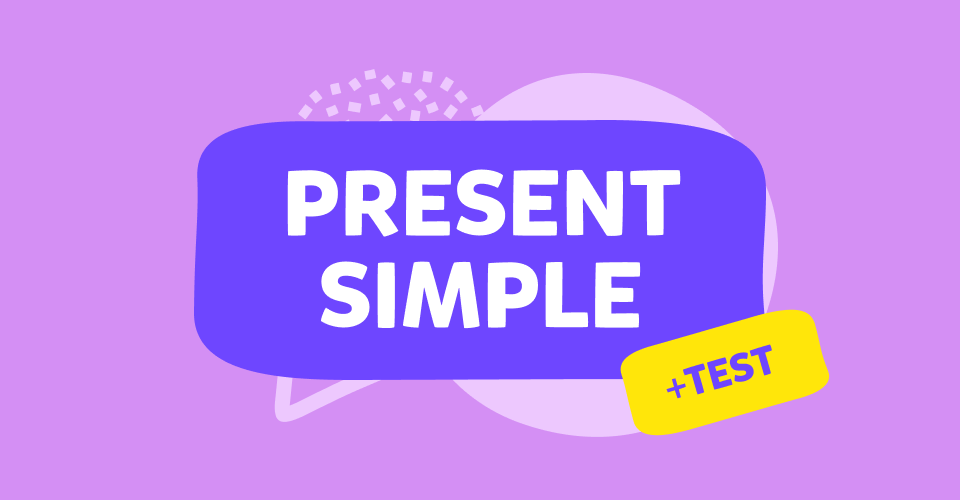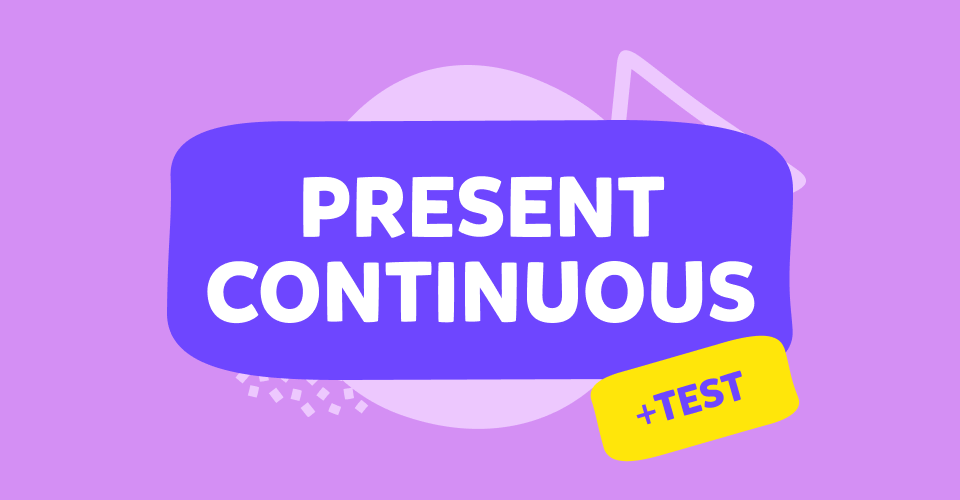- Systematisation
- Memory Device Technique
- Turn the Task into a Game
Ah, irregular verbs – a thorn in the side of generations upon generations of students. No wonder, as they follow neither rules nor logic when conjugated in different tenses. The only way to memorise them is – well, memorise them.
The school textbooks list irregular verbs in alphabetical order. Such a massive illogical table only makes you want to run away from it, not learn it. Do not be afraid, though; we know some life hacks to help you memorise irregular verbs quickly and easily.
Systematisation
Many irregular verbs do actually follow a certain pattern when conjugated. So, instead of one messy table we’ll make smaller logical ones. Here are some examples:
- Table #1 is for verbs that do not change at all. These are verbs like put-put-put, cut-cut-cut, etc.
- Table #2 is for verbs whose past simple and past participle forms end with –ought/-aught. Like Think-thought-thought, bring-brought-brought etc.
- Table #3 is for verbs whose past simple and past participle forms are the same. Have-had-had, get-got-got, etc.

Memory Device Technique
On the Internet, there are plenty of rhymes to help you memorise all the toughest verbs. There is no doubt that rhymes are much easier and cooler than tables.
The boss lose-lost-lost his honey.
It cost-cost-cost him a lot of money.
Or: When I grow-grew-grown
I wanted to fly-flew-flown
As I knew-know-known
I will wear-wore-worn a uniform.
The more absurd the rhyme, the easier it is to remember the words. This is how the memory device technique works!
Turn the Task into a Game
For online schools, it would be a sin to pass on the opportunity to use their advantage and gamify the struggle of learning irregular verbs. You can memorise and practice irregular verbs with regular updates of Novakid interactive programs.
Quick Start
And finally, maybe as your power move, you’d like to learn the most common irregular verbs? Then here they are:
- Say, said, said
- Go, went, gone
- Come, came, come
- Know, knew, known
- Get, got, gotten
- Give, gave, given
- Become, became, become
- Find, found, found
- Think, thought, thought
- See, saw, seen
However, if you ever plan to brag that you know all the irregular verbs, you’ll have to try harder than that. In the English language, there are about five hundred of them. The majority are outdated, though, and out of use. Even the most erudite of Englishmen use no more than two hundred. If a kid has enough motivation and determination, they can learn them in two months, no problem!







































